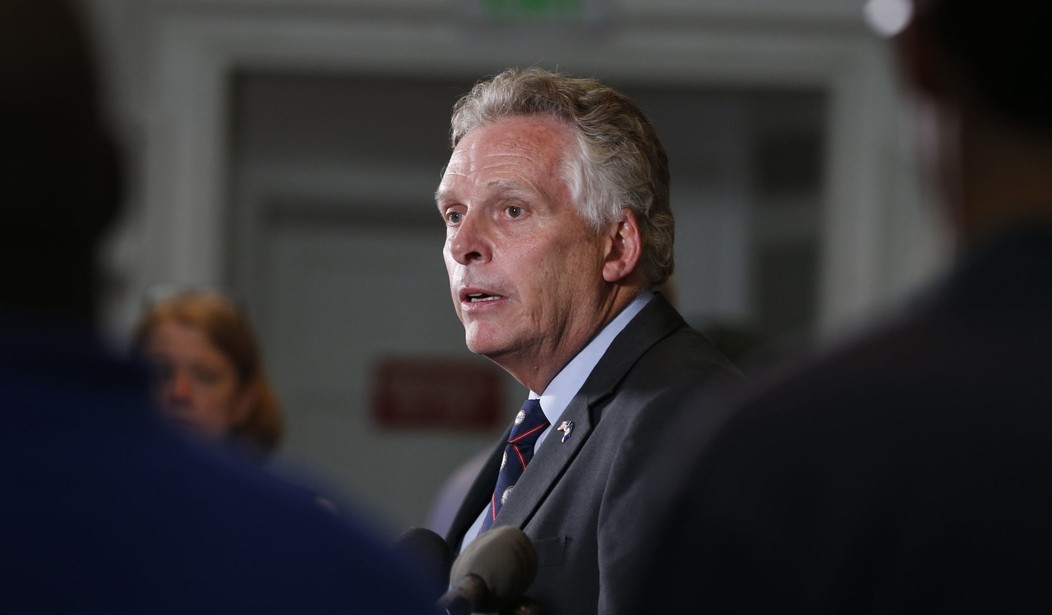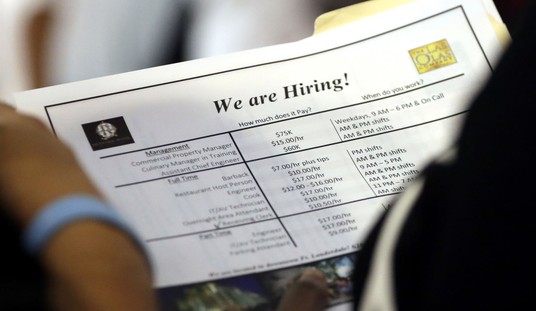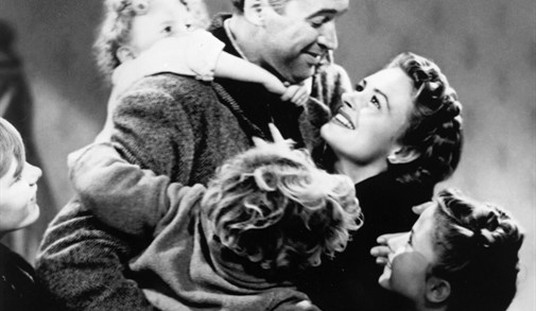WASHINGTON – Virginia Gov. Terry McAuliffe on Monday touted progress on lowering the state’s juvenile incarceration rate, which has dropped from about 600 to 200 under his watch.
The Democratic governor is responsible for closing Virginia’s two maximum-security juvenile prisons, arguing that the antiquated facilities are part of system that works against the state’s African-American youth rather than for them. African-Americans make up about 25 percent of Virginia’s school population but account for more than 50 percent of school disciplinary actions, including suspensions and expulsions, which the governor regarded as “totally unacceptable.”
“It is time for a criminal justice revolution,” McAuliffe said Monday at the Brookings Institution.
This past weekend, McAuliffe paid a visit to the Bon Air Juvenile Correctional Center in Chesterfield County, where 21-year-old Jalen Mizell, who was recently released from the facility, addressed the inmate population and their families. Mizell, who left the facility with 24 college credits under his belt, has been accepted to Richard Bland College outside Petersburg. McAuliffe said Mizell is a product of prison reform, as college courses were not offered to juveniles prior to his tenure.
“I believe that each and every one of these men and women deserve a chance to succeed when they leave the confines of juvenile detention,” McAuliffe said.
Virginia’s adult facilities also offer college courses and technical training, which McAuliffe said has contributed to the state having the lowest recidivism rate in the entire country. According to the Virginia Department of Corrections, the state recorded a 23.4 percent re-incarceration rate for a three-year period ending in 2015. That was the lowest mark when weighed against 44 other states that reported three-year statistics.
Shon Hopwood, a Nebraska native who was convicted of robbing banks before turning his life around and becoming a lawyer arguing cases before the Supreme Court, also appeared at Brookings on Monday. He said that Virginia’s marks were notable, given that some five-year recidivism rates are recorded at more than 75 percent. Hopwood argued that felons are no different than the average person, but they are subject to a system that sends people to prison as “a first response rather than a last resort.”
He described himself as hard evidence that a person can change the direction of their lives, as he was 21 years old when he committed his crimes. Hopwood is now working as an associate professor of law at Georgetown University.
When Hopwood left prison in 2008-09, he didn’t know what a PDF was, meaning he didn’t know how to send a reference letter to a potential employer. No one in his halfway house knew what a PDF was, either, he said, which showed how severely lacking the prison system can be and why repeat offenses are so common.
“It’s justice to give people second chances,” Hopwood said. “It’s justice that once they serve their time, we don’t continue to punish that person for the rest of their lives.”
Clint Smith, an accomplished poet, author and doctoral candidate at Harvard University, appeared on the panel alongside Hopwood. Smith has worked with and researched prison populations, and he noted that arbitrary circumstances, such as ZIP code, can determine a person’s entire life trajectory. He said he easily could have been someone on the other side of the bars.
“We have to recognize that most of us in this room have been put in positions where the trajectory of our lives put us on a very different path than the social, economic and political landscape of the lives who often end up in prison are typically put on,” he said.
McAuliffe also addressed the recent violence in Charlottesville, calling the deaths of Heather Heyer and two state troopers “disgusting, deplorable and unacceptable events.” He said there is no place for Nazis, white supremacists or Klansmen in Virginia or in America, calling the extremists who protested the removal of the Robert E. Lee monument cowards posing as patriots.
“Yes, let’s tear down those monuments and put them in the museums and the battlefields and the cemeteries where they truly belong, but let us also tear down the insidious policies that keep racism alive in our institution and in our attitudes,” McAuliffe said.









Join the conversation as a VIP Member